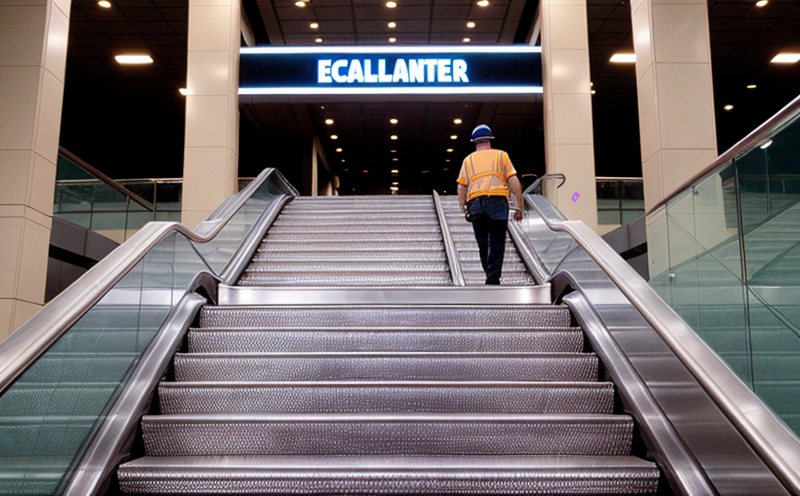Escalator control panel inspection
The inspection of an escalator's control panel is a critical component in ensuring public safety and compliance with international standards. The control panel houses the electrical and mechanical systems that operate the escalator, making it imperative to perform regular inspections to prevent accidents and ensure efficient performance.
During this inspection, technicians will check for potential hazards such as worn or damaged components, loose wiring, and signs of overheating. They also verify that all safety mechanisms are functioning correctly. This includes testing emergency stop buttons, ensuring proper brake function, and checking the integrity of the control panel itself.
The process involves detailed visual inspections, functional tests, and sometimes even disassembly for a closer look at internal components. Compliance with international standards such as ISO 11526:2019 is essential to ensure that the escalator meets safety requirements. This standard provides guidelines on how to perform these inspections and maintain elevators and escalators.
Quality managers, compliance officers, R&D engineers, and procurement professionals play crucial roles in overseeing this inspection process. They must ensure that all necessary checks are carried out thoroughly and documented accurately. Proper documentation is vital for tracking the history of maintenance activities and ensuring that any potential issues are addressed promptly.
The frequency of these inspections depends on various factors including usage, manufacturer recommendations, and local regulations. Regular inspections not only help maintain safety but also extend the life of the equipment by catching minor problems before they become major issues.
- Visual inspection for signs of wear or damage
- Testing emergency stop buttons for immediate response
- Checking brake function to ensure smooth stopping
- Verifying the integrity and functionality of all safety mechanisms
Applied Standards
The inspection of an escalator control panel must adhere to several international standards designed to ensure public safety. The primary standard used is ISO 11526:2019, which provides detailed guidelines on how to perform inspections and maintain elevators and escalators.
Other relevant standards include EN 81-73:2014 for specific requirements related to escalators. These standards cover everything from the design of the control panel to the procedures for regular maintenance checks. Adherence to these standards ensures that all escalator components are functioning as intended and meet safety expectations.
Compliance with these standards is not only a legal requirement but also an essential part of good corporate practice. It demonstrates commitment to public safety, reducing liability risks, and maintaining trustworthiness within the industry.
International Acceptance and Recognition
- ISO 11526:2019: This standard is widely recognized globally for its comprehensive approach to elevator and escalator maintenance. It has been adopted in numerous countries, ensuring consistent safety practices across borders.
- EN 81-73:2014: This European Standard is mandatory for new installations and modifications of escalators within the EU. Its acceptance ensures that all equipment meets stringent safety requirements recognized internationally.
The international recognition of these standards contributes to a safer global environment by providing uniform guidelines that can be applied universally. Compliance with these standards also facilitates smoother trade between countries as it ensures that products and services meet the same high safety standards everywhere they are used.
Environmental and Sustainability Contributions
Elevators and escalators have significant environmental impacts, particularly in terms of energy consumption. Regular inspections play a key role in minimizing these impacts by ensuring that equipment operates efficiently and reduces unnecessary wear and tear.
- Energy Efficiency Improvements: By identifying and addressing inefficiencies early on, the lifespan of escalators can be extended, reducing the need for frequent replacements. This leads to lower energy consumption over time.
- Resource Conservation: Preventive maintenance reduces the amount of waste generated from premature equipment failures. It also helps in conserving resources by avoiding unnecessary production and disposal cycles associated with replacement parts.
The focus on sustainability extends beyond just the immediate operational benefits; it encompasses long-term environmental stewardship. By adhering to high standards during inspections, we contribute positively to global efforts towards creating more sustainable urban environments.





